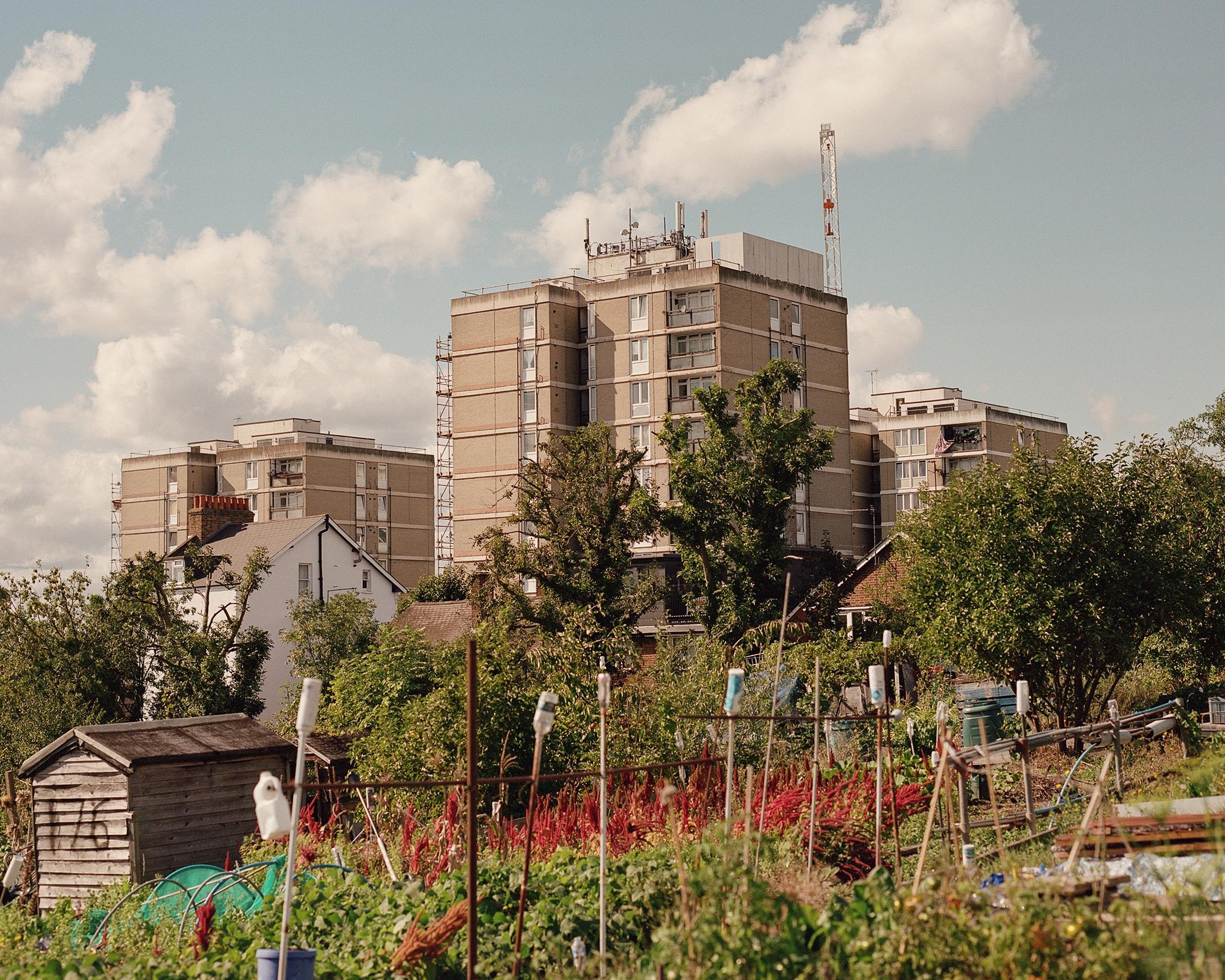Community businesses tackling hardship
In places that the market shuns, the state is mistrusted. Thankfully, community businesses are well-placed to provide an alternative way to turn things round.
There are places in this country that have been let down by a politics and an economy that does not serve them. It hardly matters whether these places are called deprived, overlooked or forgotten. The uneven gains of globalisation have largely passed them by, and left them disconnected, alienated and gripped by a wider sense of decline. These collective problems are now compounded by acute and lonely individual hardship, hardship of a type that should have no place today.
These are places where markets dominated by large private companies have failed, and the state struggles to win the trust it needs to be effective. So what does that leave for anyone looking for hope? Thankfully, the very same places are often the strongholds of community businesses, these are businesses that have 4 characteristics: being locally-rooted, locally accountable, trading for the benefit of their area and reinvesting profits locally. Community businesses can take various legal forms and trade in many products and services such as shops, transport, farms, hubs, pubs, gardens or leisure centres. The key thing is they are run by local people for the benefit of the local community. Nearly half of them (48%) operate in the 30% most-disadvantaged areas of England (Power to Change, 2022).
Community business: a vital part of the social safety net
Community businesses embody independence and also, importantly, can be part of building a new economic model to replace that which has left so many places in trouble. Community businesses employ local people, 86% of paid staff live locally, and a disproportionate share of employees have experienced long-term unemployment. They combine the ethos of charities with the drive of traditional businesses, because 83% of them are generating earned income through trading.
Consequently, they embody agency, not dependence. They improve the physical fabric of their area by investing in assets that are accessible to local people, and act as ‘destination spaces’, helping to move footfall to other businesses along the way (Lee and Swann, 2020). As such, they create and keep wealth in the local economy: community-owned spaces contribute £220 million to the UK economy, and 56p of every £1 they spend stays in the local economy, compared to just 40p for larger private sector firms (Harries and Miller, 020).
In precisely the places that the market shuns, and where the state is often distrusted, community businesses offer a different route to revitalising a place. We’ve seen this in action.
Community business tackling hardship in Hendon, Sunderland
Back on the Map, a community business based in Hendon, Sunderland, has recently led the way in turning round the local high street, Villette Road, bringing a block of retail units back into use. That is just one step in fulfilling Back on the Map’s mission to empower the people of Hendon, a mission which has also involved delivering sustainable homes and broader positive community action. The thread that runs through it all is being resident-led: co-designing services with local people, developing strategies collaboratively and always acting on the basis of what local people say. Which is exactly why Back on the Map pivoted its capital investment push from residential to high street renewal. The community was clear: Hendon could not thrive until the high street was thriving again. The market might not see its potential, and the state might fear to tread in that direction, but communities and community businesses know exactly what needs to change.
Back on the Map is one of many examples of the grit and determination that community businesses can so often summon to make their places better. The question, then, is what needs to change so that they can do even more. A whole range of barriers must be dismantled, from the way philanthropy works to the culture within local authorities and statutory bodies. But there are also some more specific asks from central government.
Supporting community businesses to flourish
If they are to thrive, community businesses need powers, resources and backing.
In respect of the first, a Community Power Act is needed to give communities new opportunities to shape the spaces, services, and spending decisions in their local area. Suitably empowered, locals could look to meet more of their collective needs through community businesses.
In terms of resources, we need to see an expansion of the Community Ownership Fund and the establishment of a British High Street Investment Vehicle. Both funds could provide community businesses with the finance they need to take ownership of assets that people in their area care about which they are well-placed to manage. In the most deprived areas, the assets that the market does not see as viable can be brought back into use by community businesses trading for social impact not profit alone.
As for ‘backing’, a good start would be closing the ‘box-shifting loophole’ which allows unscrupulous landlords and multi-chain operators to use empty premises for storage, triggering a 3-6 month rate-free period: community business needs to operate on a level playing field with other businesses. Given the huge good they do, there should be a 75% business rate relief for community businesses, funded by recouping lost revenue from banning ‘box shifting’. This should be accompanied by the introduction of a successor scheme to social investment tax relief.
The hardship that people face is a result of a system that has failed to serve their interests. Community businesses are starting to show their communities what it would mean to move beyond this flawed system. With powers, resources, and backing they could start the transformation they can offer in all parts of the country.
About the author
Josh Westerling is Policy Manager at Power to Change.

This idea is part of the neighbourhoods and communities topic.
Find out more about our work in this area.